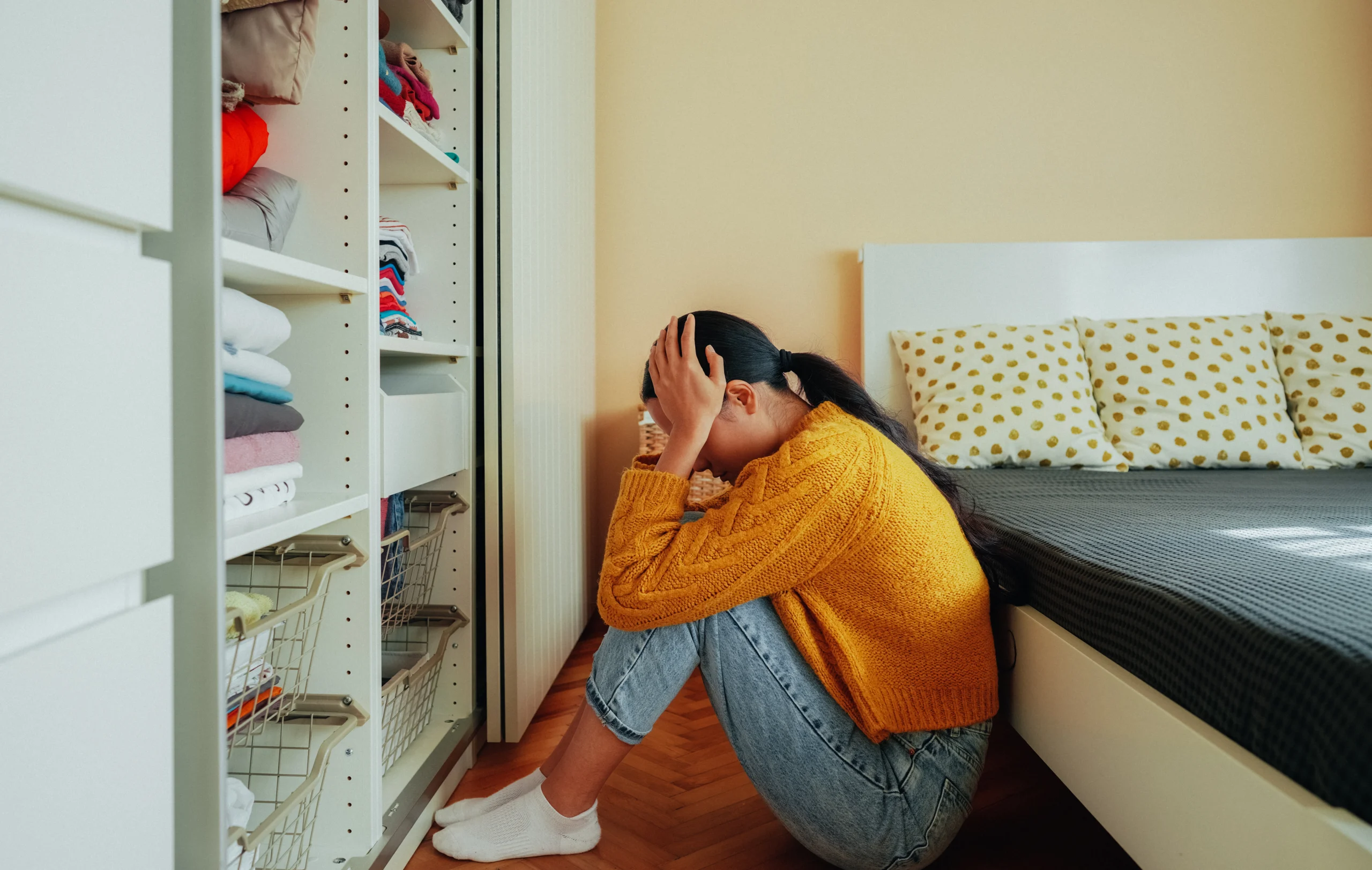How to Support Your LGBTQ+ Teen

While raising a teenager can be quite challenging, being a teenager is even more challenging. As adolescents transition from childhood to adulthood, they are navigating emotional, social and physical changes while figuring out exactly who they are and where they belong. In some cases, this journey of self-discovery during the teen years may involve figuring out their sexuality, gender identity or both.
Unfortunately, members of the LGBTQ+ community often face harassment, discrimination, abuse, bullying and rejection from their families, friends and peers. LGBTQ+ teenagers are especially vulnerable to developing mental health issues as a result, including depression, post-traumatic stress disorder (PTSD), anxiety, self-harm behaviors and more.
Whether an adolescent in your life has come out to you as LGBTQ+ or you suspect they may be questioning their sexual orientation or gender identity, you can learn how to be a source of strength and support.
Quick facts about LGBTQ+ youth
If you’re a parent, guardian or other relative of an LGBTQ+ teenager looking for resources for the first time, you may be experiencing information overload.
First, here are some quick facts about young people in the LGBTQ+ community:
- The acronym LGBTQ+ stands for lesbian, gay, bisexual, transgender and queer/questioning
- Three-quarters of LGBTQ+ adolescents report having experienced discrimination based on sexual orientation or gender identity at least once
- LGBTQ+ teens are six times more likely than heterosexual, cisgender teens to experience symptoms of depression
- Young people who are sexual minorities are more than twice as likely as heterosexual youths to feel suicidal, and over four times as likely to attempt suicide
- Fewer LGBTQ+ teens attempt suicide when they have access to support systems that affirm their sexual orientation and gender identity
- One in three LGBTQ+ youths feel supported at home
Not all young people who identify as LGBTQ+ will experience mental health symptoms or stress related to their sexual orientation or gender identity. However, at this vulnerable stage of life, all LGBTQ+ adolescents can benefit from unconditional support and love from their parents and families.
Accepting your LGBTQ+ teen so they can become their best, most authentic self
No matter how open-minded, loving or accepting you are as a parent, the news that your child is LGBTQ+ may be difficult to process at first. Perhaps you’re worried about inner turmoil, discrimination or bullying your child may face once they come out. By listening and providing unconditional love and support, you can serve as a protective force in your teenager’s life, fostering the confidence they need to navigate these potential challenges.
Remember that being LGBTQ+ is not a choice. We can’t choose our sexual orientation or gender identity any more than we can choose our eye color or height.
We all want what’s best for our loved ones. With your unwavering acceptance, your teen can go on to blossom into exactly who they were meant to be and build a happy, healthy life as a young adult and beyond.
If your teen hasn’t come out as LGBTQ+
If you suspect your teen may be LGBTQ+ but they haven’t had an explicit conversation with you about their sexual orientation or gender expression, don’t try and force them to open up before they’re ready. Instead, keep the lines of communication open. Offer a sympathetic listening ear when your teen wants to talk in general. This way, when they are ready to come out, they’ll feel comfortable sharing with you.
Additionally, you can prepare to have the coming out talk by educating yourself about the LGBTQ+ community. Your willingness to learn how to best support and affirm your teen will mean the world to them. If you don’t have the perfect words to say when your teen comes out, it’s okay. Just making sure they know that you accept and love them unconditionally for exactly who they are is key.
LGBTQ+ friendly therapy for your teen
Unfortunately, mental health issues are prevalent among LBGTQ+ youth and not everyone who needs treatment has access to it. One survey found that in 2021, nearly half of LGBTQ+ teens wanted professional mental health counseling, but did not receive help. As teenagers are still under their parents’ health insurance plan, they may avoid seeking treatment if they aren’t ready or willing to open up to their families. Alternatively, they may be scared of facing discrimination or mistreatment from healthcare providers.
High Focus Centers PAoffers compassionate, nonjudgmental care for LGBTQ+ youths. Our intensive outpatient (IOP) group treatment is designed to meet the unique mental health needs of teens experiencing symptoms or stress that may be directly or indirectly related to their sexual orientation and/or gender identity. This group setting is safe, supportive and encourages expression of feelings, thoughts and opinions connected to sexuality and gender identity.
In addition, High Focus Centers PA IOP group welcomes involvement from family and caregivers to help navigate issues that may arise at home. The LGBTQ+ group is available to adolescents aged 14 through 18. Contact us to learn more today.







